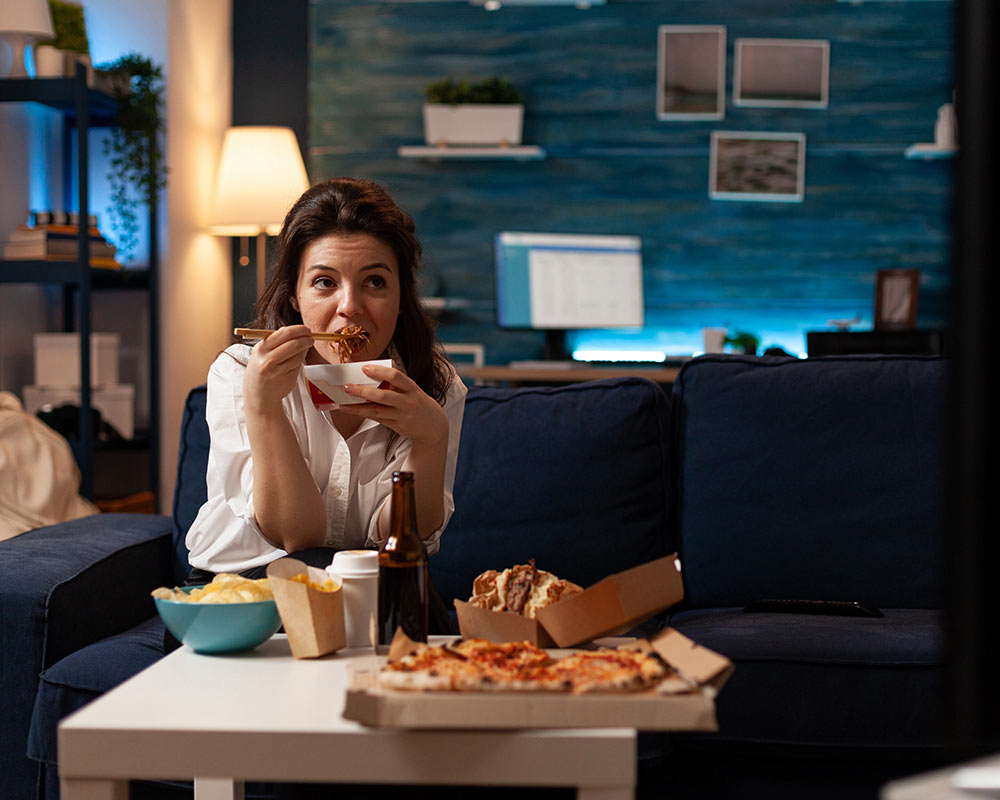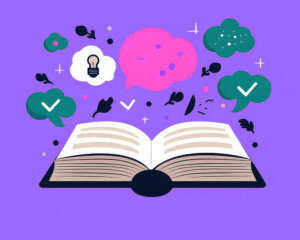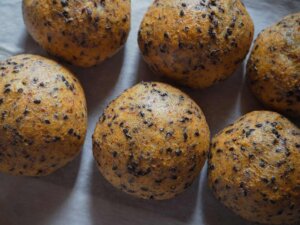
what is your body really telling you?
psychologists and neuroscientists have long confirmed that muscle tension reflects your emotions.

after a long, stressful day, you collapse onto the couch, turn on a tv show, scroll through social media, or pour yourself a glass of wine. it feels like you’re unwinding.
but in reality, this is just the illusion of rest.
many of us confuse genuine recovery with temporary distraction — and that difference matters more than you might think.
• endless binge-watching of tv or youtube
• scrolling through social media
• alcohol or smoking
• comfort eating or snacking
• impulsive shopping
• passive inactivity (just lying around)
at first glance, these activities feel soothing, but in fact, they’re just delivering short-term dopamine that:
• does not restore the nervous system
• does not reduce cortisol levels
• in the long run, can actually increase stress, worsen sleep, and lower focus and mood.
alcohol and smoking may initially feel calming, but they actually activate the body’s stress response over time.
alcohol may initially reduce anxiety, but its long-term effects include increased stress sensitivity.
check out what BUPA has to say here…
social media use is linked with information overload, social comparison, and anxiety.
higher social media use is associated with increased stress and decreased well-being.
passive media consumption (like watching endless videos) can overstimulate the brain rather than rest it.
passive media consumption is linked with higher fatigue and mental disengagement.
real relaxation means active recovery — practices that regulate the nervous system and improve well-being. examples include:
• meditation and deep breathing
→ proven to lower cortisol and reduce anxiety
• walking in nature, gardening
→ lowers stress, improves focus and creativity
• music and creativity
→ stabilize mood and activate reward systems in the brain
→ slows heart rate and supports attention restoration
as you can see, getting the right type of relaxation is really important. don’t just take my word for it though. below I have included some useful resources to learn more.
allowing yourself time in your daily routine for yoga and meditation can make a huge difference – even a weekly group class can have an impact on your overall wellbeing.
i am always ready to help, so get in touch if you have any questions
age uk – mindfulness and meditation
https://www.ageuk.org.uk/information-advice/health-wellbeing/mind-body/mindfulness
york university – positive effects of nature based activities on mood:
https://www.york.ac.uk/news-and-events/news/2021/research/nature-can-improve-mood-and-reduce-anxiety
axa – health benefits of music:
https://www.axahealth.co.uk/staying-healthy/mental-health/resilience/the-health-benefits-of-music
i do not have any affiliation or partnership with any products, companies or suppliers recommended in this post and do not profit from the promotion or sharing of this information.

psychologists and neuroscientists have long confirmed that muscle tension reflects your emotions.

Why do we age differently?
Is it all in our genes? Or is lifestyle more important?

a delicious alternative to bread. gluten free and full of fibre. perfect for weight management
enjoy exclusive health tips, recipes, offers and more